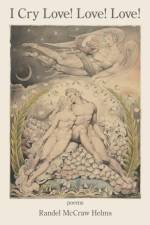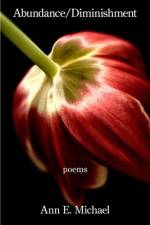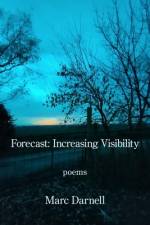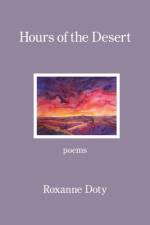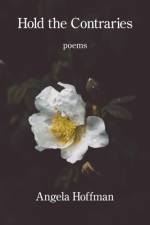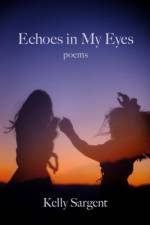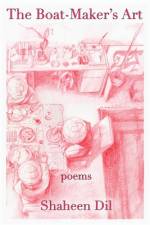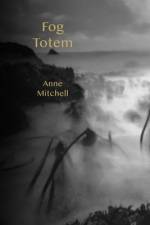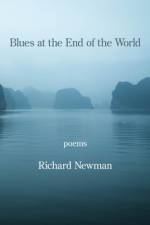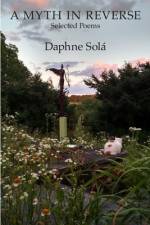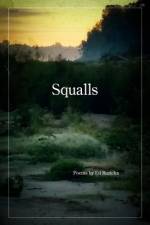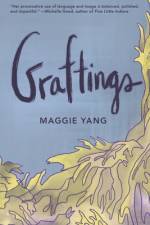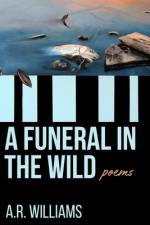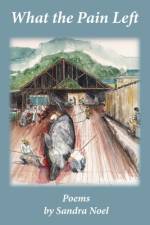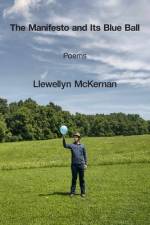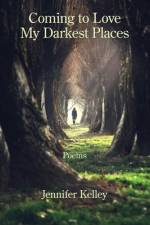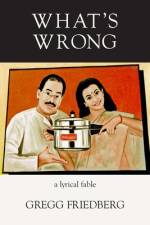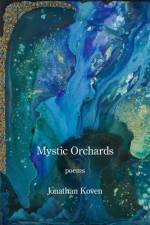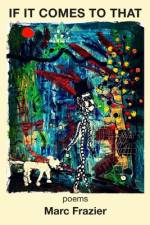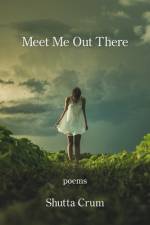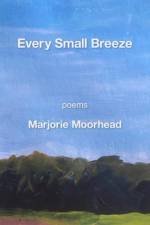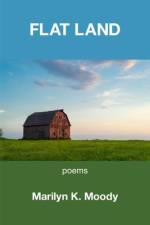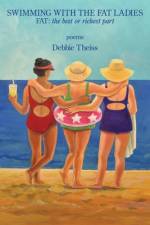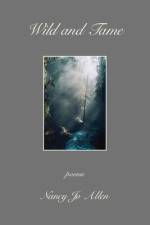av Ann E Michael
315,-
In her newest collection, Abundance/Diminishment, Ann E. Michael knows "the nature of memory...that we forget." At the same time, she acknowledges within nature "a place to remember and to rest." It is between these two markers-nature and the nature of memory-that her poems flourish. An avid gardener and hiker-as well as a lover of learning, language, and the arts-she names abundance and diminishment; she identifies pivotal points, "lattices of a single molecule/that balances the morning." Unsurprisingly, much of Abundance/Diminishment consists of elegies-for the earth, for being wholly present, for a father, for friends, for a mother's lost memories, for a missed daughter, and for children unborn. Here, "the floor drops out of the bottom/of our daily prayers." Here, she recites, "Empty accepts what is given. Sorrow. Joy." Here, when grief overwhelms, she remembers to "feel the cellist's breath/swell against resonant spruce"; to listen to "animals, who tell us what we won't hear." And here, she asks, "How can I teach myself...the fact of gone/during a humid night/in late summer//while crickets sing?" The answer to the reader is in these well-tended and moving poems. -Marjorie Maddox, author of In the Museum of My Daughter's Mind Abundance/Diminishment reminds us of the ethics of craft, language, diction and illuminative rhyme. Whether the topic at hand is gardening, meteor showers, or grief, the surprise of irony swerves towards the "something more" to life, a new way of experiencing the world through felt imagery. Voice, tone, and style play with and against literature that has come before this text to arrive at an understanding of a before and after in the present, wisely speaking to how love provides motivation, in spite of despair, by finding solace in connection. Ann Michael's complete and accomplished poems, through semantic sleight of hand, sensitize us to how alive a human can be, illustrating time is a thing enlivening the body, and change is not necessarily enervating: hope and perseverance, demonstrated through the workings of the natural world, show how humanity progresses and evolves. The religiosity of a lived day in these poems grounds a generosity towards the world that feels rare in this contemporary moment of poetry. These beautifully achieved poems of finality and continuance, dispassionate and humorous, represent a voice of a generation and place, a poetry not just anyone can write. -Ian Haight, author of Celadon Ann E. Michael's poems of fullness and emptiness combine keen observation, philosophical questions, and a refreshing groundedness that invite the reader into complex, cleanly crafted contemplations of ordinary moments-moments turned extraordinary through her clear-eyed vision and delicious language. Smart, surprising, and wry, these poems honor equally the losses and the gains. A rich and rewarding collection. -Hayden Saunier, author of A Cartography of Home

